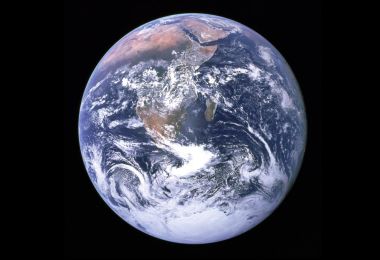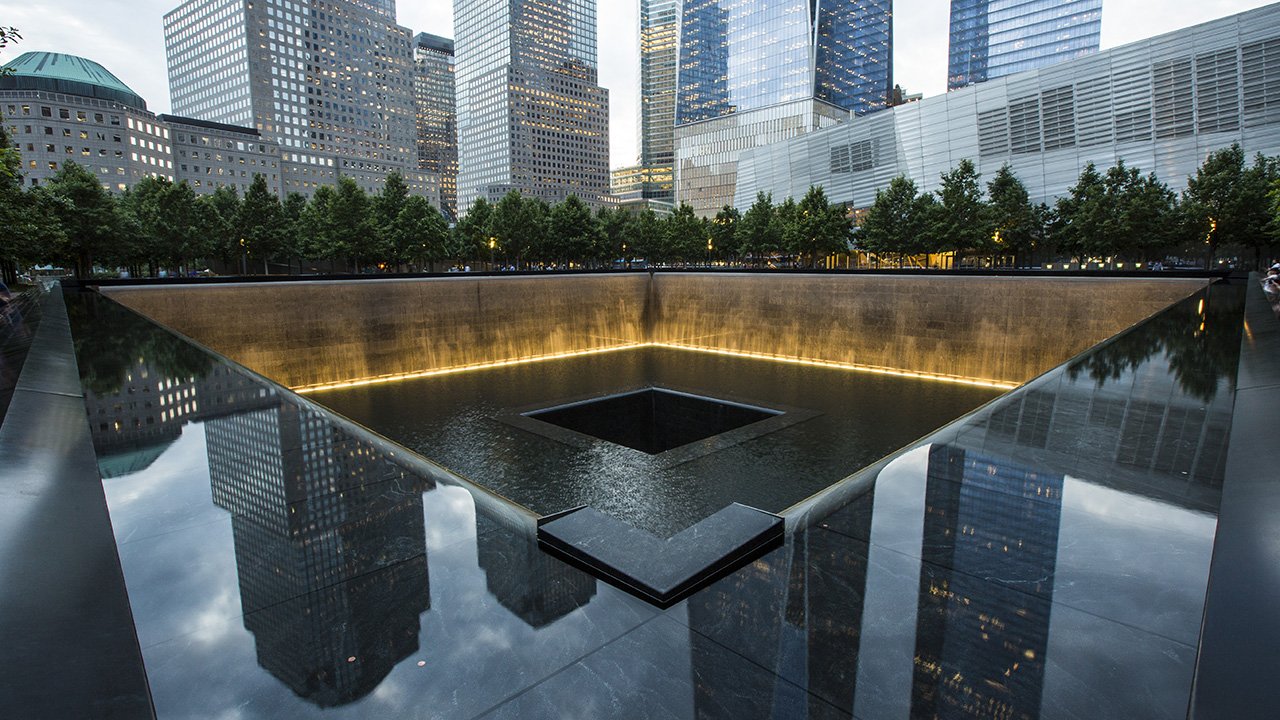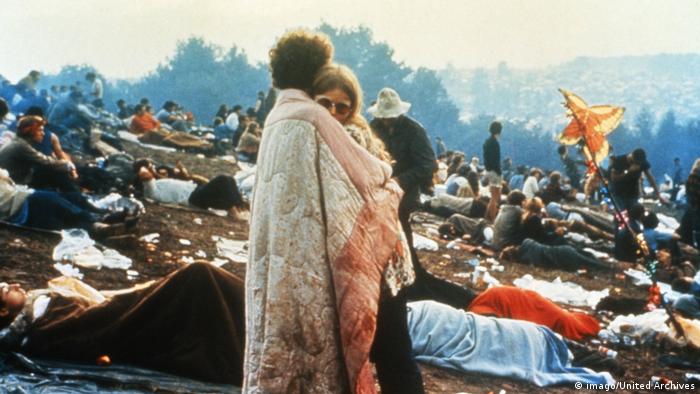Your Memoir and the Larger World

Through the years we experience turmoil and tragedy including hurricanes, earthquakes, wars, mass shootings, virus pandemics, nuclear threats, and more.
I lasted updated this article in August of 2022 and since then there have been even more extreme examples, such as the wildfires currently (January, 2025) raging in Los Angeles.
It is more timely than ever to consider your life story in the context of the world at large.
Every anniversary of 9-11 gives me pause to consider my life in the context of that historical event. I wasn’t in New York City or Washington D.C. on that fateful September day. But I was connected to the unfolding of the events. As were we all, those of us who remember where we were and what we were doing as the terrorist attacks took place.
We cannot erase the images of airplanes flying into the World Trade Centers and the Pentagon. As painful as they are, it is recorded history. But we also recall the many faces of people who risked their lives as first responders, along with the agents of medical aid and good Samaritans. Many of them sprung into action because it was the humanitarian thing to do.
A horrific event opened the door of opportunity and some goodness happened amidst the evil of the day.

History takes place every day.
Rarely is it of the magnitude of 9-11. Nevertheless, significant events in our lives are happening. Considering them in the context of historical events adds depth to our stories. It gives others an opportunity to relate their lives, experiences and feelings through the perspective you offer in your memoir.
Effective memoir is about more than your life and your interior experience of emotion.
What you experience is indeed your story, but if you want to pen a memoir that appeals to a wider audience than just yourself it needs to include what Lisa Dale Norton in her lovely book on writing memoir, Shimmering Images, calls The Larger World.
A slice of life memoir that includes your experiences set against or within the context of an important historical event allows your readers the opportunity to see history through your eyes. This is one of the gifts of shared life story writing.
In recent years there have been many storms and struggles. Hurricanes in the Gulf Coast, tsunamis in the Pacific, and the major earthquake that struck Japan in 2011 are but a few examples.
Think, too, of the political struggles in the United States. Democracy seems to be under attack from some who want their way no matter what.
Random acts of violence are more prevalent and mass shootings are disheartening.
Dealing with a global pandemic is leaving its impression on all of us.

Still, despite hardships there are many stories of survivors and good things are happening every day. You just have to look for it.
The tale of a Pearl Harbor or Holocaust survivor is powerful. But your Larger World story doesn’t have to be about tragedy or hardship. It could be connecting your experience at a major sporting or entertainment event. Perhaps you were at Woodstock in 1969.
Maybe you are a diehard Boston Red Sox fan like me who gloried over the long awaited World Series win in 2004.
Relating “We Were There” personal experiences connects us to history in a much more personal way than reading about it in a typical textbook. Stories are one of the most powerful and effective ways to learn about life. Our purpose becomes clearer and our perspective enlarged when we read and identify with a well written account of another’s understanding of history based on their personal encounter with a significant event.
Being a personal historian avails me the ongoing opportunity to hear other people’s stories. Furthermore, I get to assist in bringing forth these tales. It’s akin to being a midwife as individuals labor through the process of birthing their life stories.
Memoir that takes into account The Larger World is fascinating work.
A little research can add greatly to your personal history. These days a world of information is at your fingertips. You can access so much through the Internet alone. Pick a historical event from your lifetime. Study the news accounts, look at the pictures and video and reflect on how the event has specifically impacted you. Then begin to write your thoughts.
Where were you when it happened?
What were you doing?
What was life like during this time?
How did people in your community respond to the event?
How did the event affect you? How did it change you?
I am interested in helping people in the process and I can assist you when you employ my services as a coach, writer, editor and researcher.
My contact information is here. I would love to hear from you.